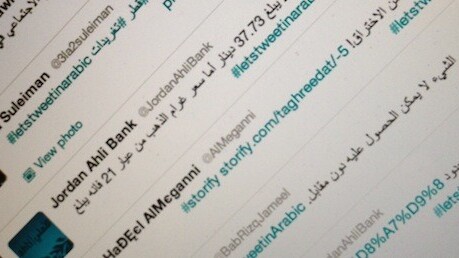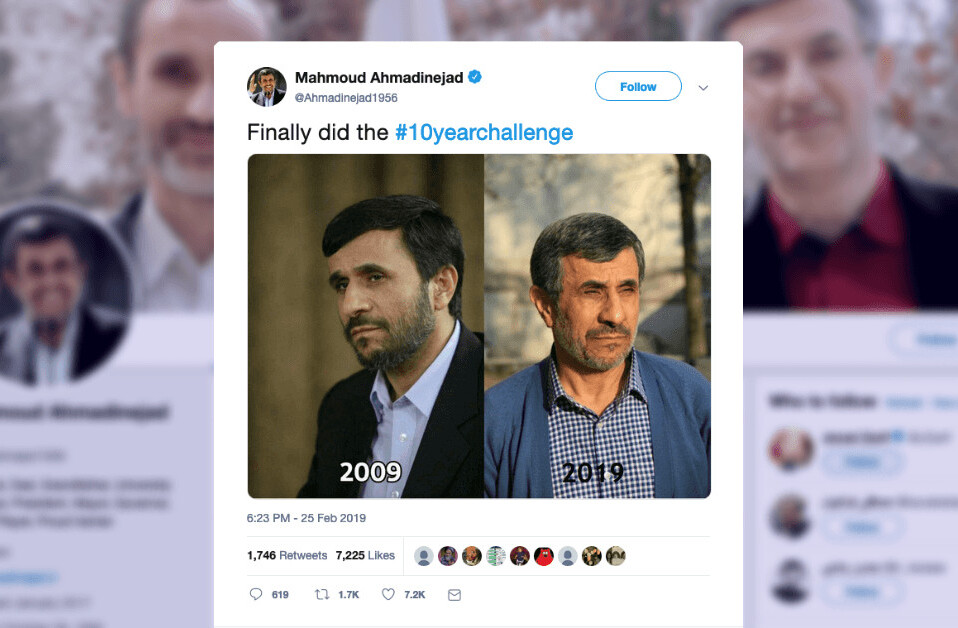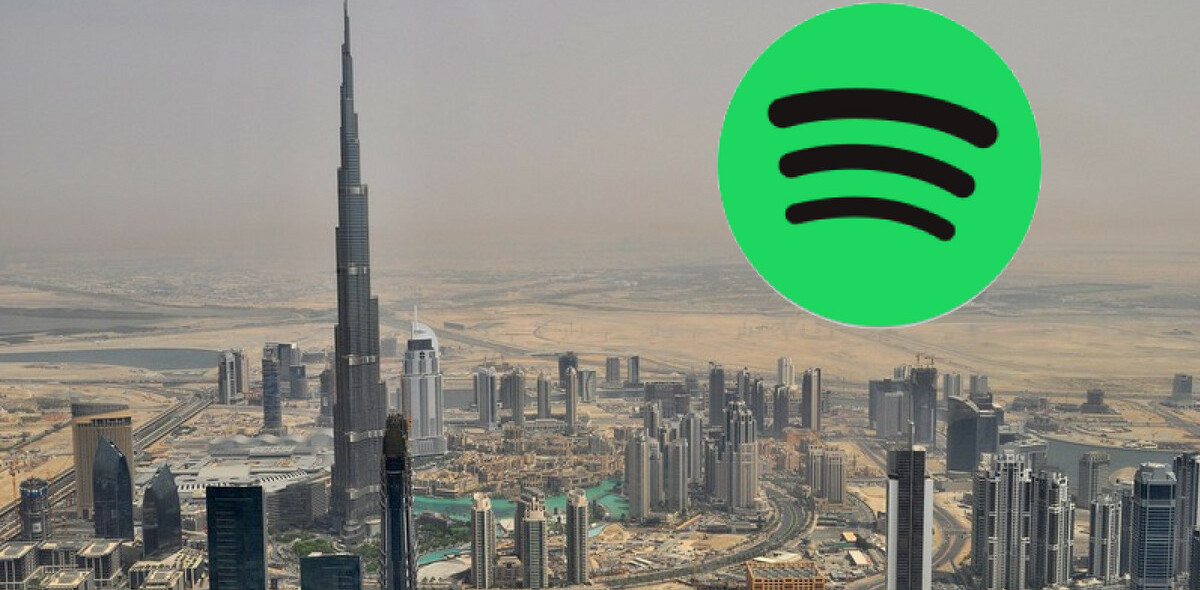
With an increasing demand for online content in Arabic, and the language seeing impressive growth rates on sites like Twitter and Wikipedia, a new project aims to do its part to bridge the gap between Arabic and English content in social media and technology, Gulf News reports.
2,500 volunteers from across 28 countries are in the process of putting together a dictionary of technological and social media-related terminology.
While Arabic content continues to grow, there are certain words, like ‘spam’, ‘retweet’ and ‘phishing’ that have emerged but have no equivalent in Arabic, and are often written either in Latin characters, or simply transliterated into Arabic.
The dictionary will be taking a standardized approach, avoiding the pitfalls of the many Arabic dialects spoken across the Middle East, by sticking to formal ‘classical Arabic.’
Sami Mubarak, co-founder of Taghreedat told Gulf News, “The glossary will break a big barrier because many users resort to combining English terminology with the Arabic text, so we want to change that and introduce the first Arabic technology and social media glossary.”
Despite impressive growth rates, the actual amount of online content in Arabic is minimal. On Wikipedia, Arabic content accounts only for 0.007% of its overall content, while across the Web, most estimates put Arabic content at around 2 to 3% at the very most.
With the wheels for the project set in motion by Taghreedat, an initiative founded with the aim of increasing Arabic digital content, support for the dictionary has been provided by investment group twofour54 ibtikar.
This is not the only initiative that Taghreedat is involved in, with the aim of changing the landscape of online Arabic content. The group is actively working towards increasing Wikipedia’s Arabic content and spearheaded the ‘Let’s Tweet in Arabic‘ project, encouraging Arabic speaking Twitter users to share updates in their native tongue.
Twitter itself also played an important role when it introduced support for right-to-left languages, including Arabic.
While this is the first large-scale dictionary of its kind, there are other tools available online aiming to make it easier for Arabic speakers to stick to their native language, from the incredibly useful transliteration tool Yamli, which we covered when it first launched to Arabic captchas.
As the Internet’s Arabic audience continues to grow, with over 77 million Internet users and a penetration rate of 35.6 % in the region, there is an increasing need for more of these kinds of initiatives, and a Web 2.0 dictionary is the perfect accompaniment to facilitate the process.
The dictionary will feature social media and cyber security terms, and the final product will be available online, and as a free downloadable application.
Get the TNW newsletter
Get the most important tech news in your inbox each week.




